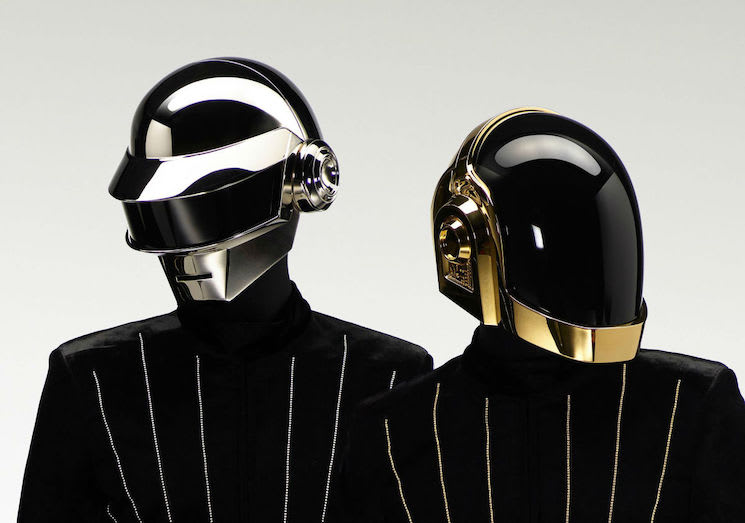Can you randomly access the 2021 memory of Daft Punk breaking up, or have you repressed it? Either way, Thomas Bangalter — one half of the mysterious former duo — has shed some light on the reason behind parting ways with collaborator Guy-Manuel de Homem-Christo on the project they began in 1993.
In a new BBC interview, Bangalter expressed the growth of his discomfort regarding the convergence of humanity and technology over the years.
"[Daft Punk] was an exploration, I would say, starting with the machines and going away from them," the musician explained. "I love technology as a tool [but] I'm somehow terrified of the nature of the relationship between the machines and ourselves."
He continued, "We tried to use these machines to express something extremely moving that a machine cannot feel, but a human can. We were always on the side of humanity and not on the side of technology."
Amid the rise of algorithmic technologies and AI, the impetus behind Daft Punk has gotten a little too real at this point. "The last thing I would want to be, in the world we live in, in 2023, is a robot," Bangalter added.
2013's landmark Random Access Memories is getting an expanded reissue for its 10th anniversary this spring, which includes "The Writing of Fragments of Time" — released last month, as it only could have been shared in a post-Daft timeline.
"Daft Punk was a project that blurred the line between reality and fiction with these robot characters. It was a very important point for me and Guy-Man to not spoil the narrative while it was happening," Bangalter explained. "Now the story has ended, it felt interesting to reveal part of the creative process that is very much human-based and not algorithmic of any sort."
In a new BBC interview, Bangalter expressed the growth of his discomfort regarding the convergence of humanity and technology over the years.
"[Daft Punk] was an exploration, I would say, starting with the machines and going away from them," the musician explained. "I love technology as a tool [but] I'm somehow terrified of the nature of the relationship between the machines and ourselves."
He continued, "We tried to use these machines to express something extremely moving that a machine cannot feel, but a human can. We were always on the side of humanity and not on the side of technology."
Amid the rise of algorithmic technologies and AI, the impetus behind Daft Punk has gotten a little too real at this point. "The last thing I would want to be, in the world we live in, in 2023, is a robot," Bangalter added.
2013's landmark Random Access Memories is getting an expanded reissue for its 10th anniversary this spring, which includes "The Writing of Fragments of Time" — released last month, as it only could have been shared in a post-Daft timeline.
"Daft Punk was a project that blurred the line between reality and fiction with these robot characters. It was a very important point for me and Guy-Man to not spoil the narrative while it was happening," Bangalter explained. "Now the story has ended, it felt interesting to reveal part of the creative process that is very much human-based and not algorithmic of any sort."
